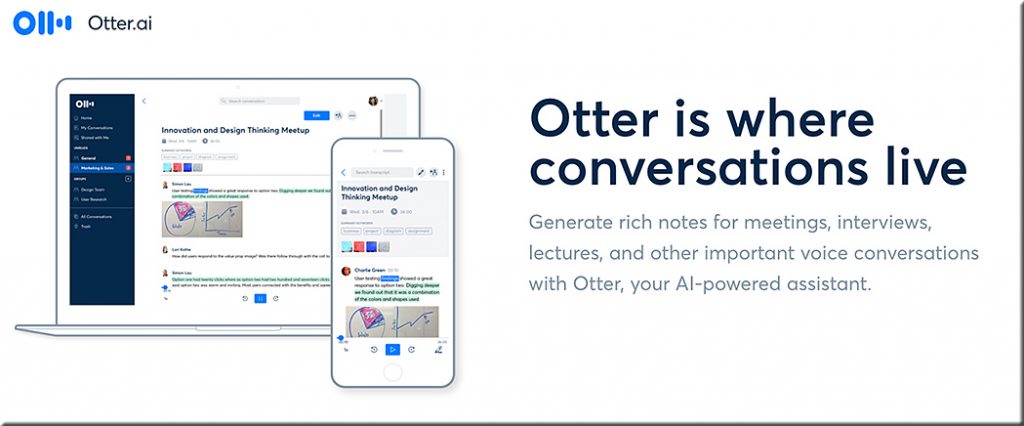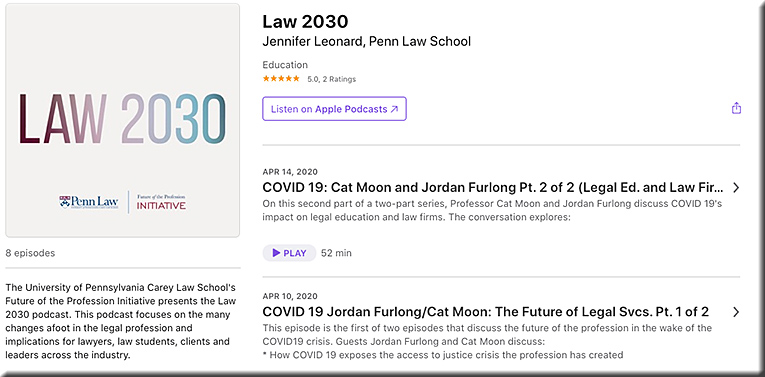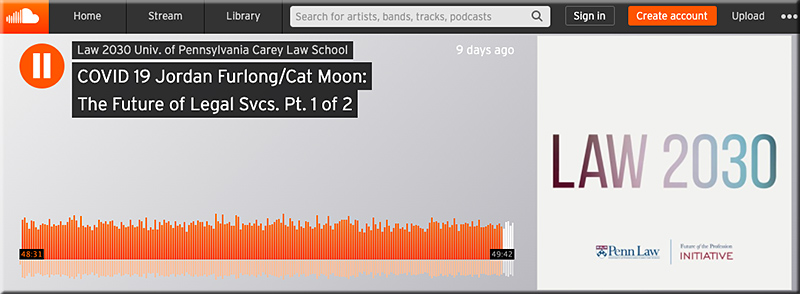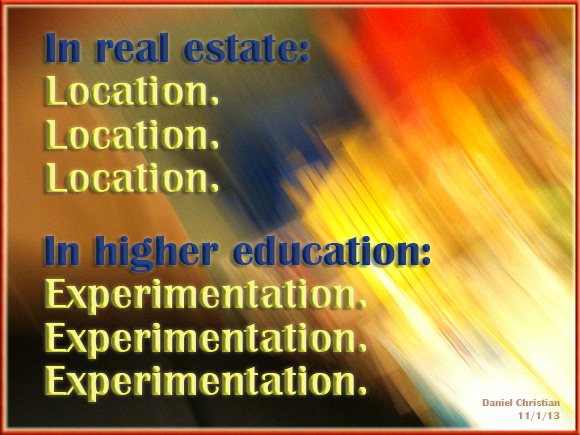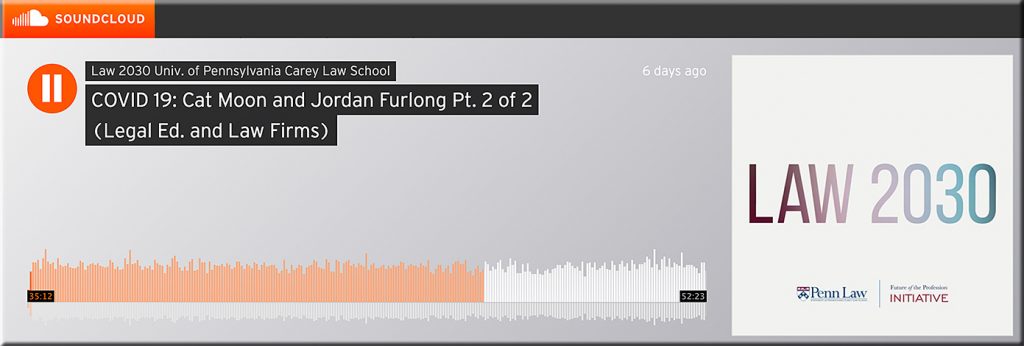The “new normal” paradox: What COVID-19 has revealed about higher education — from bigthink.com by Dr. Michael Crow, President of ASU
Excerpt:
Third, it is abundantly apparent that universities must leverage technology to increase educational quality and access. The rapid shift to delivering an education that complies with social distancing guidelines speaks volumes about the adaptability of higher education institutions, but this transition has also posed unique difficulties for colleges and universities that had been slow to adopt digital education. The last decade has shown that online education, implemented effectively, can meet or even surpass the quality of in-person instruction.
Digital instruction, broadly defined, leverages online capabilities and integrates adaptive learning methodologies, predictive analytics, and innovations in instructional design to enable increased student engagement, personalized learning experiences, and improved learning outcomes. The ability of these technologies to transcend geographic barriers and to shrink the marginal cost of educating additional students makes them essential for delivering education at scale.
Far too many higher education outcomes are determined by a student’s family income, and in the context of COVID-19 this means that lower-income students, first-generation students and students of color will be disproportionately afflicted. And without new designs, we can expect post-secondary success for these same students to be as elusive in the new normal, as it was in the old normal.
…
This is not just because some universities fail to sufficiently recognize and engage the promise of diversity, this is because few universities have been designed from the outset to effectively serve the unique needs of lower-income students, first-generation students and students of color.









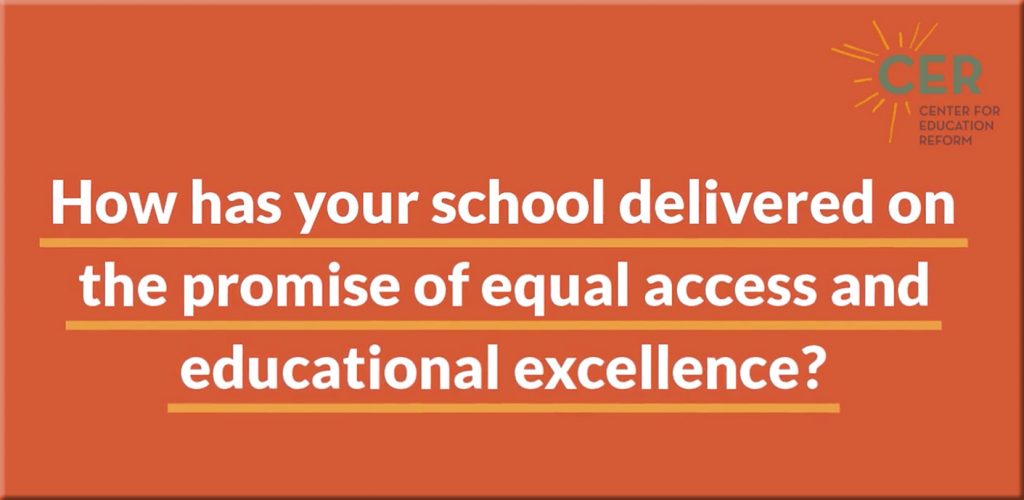

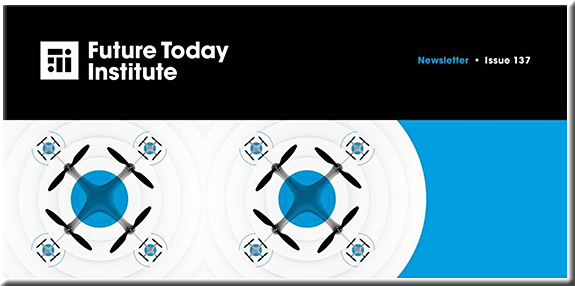
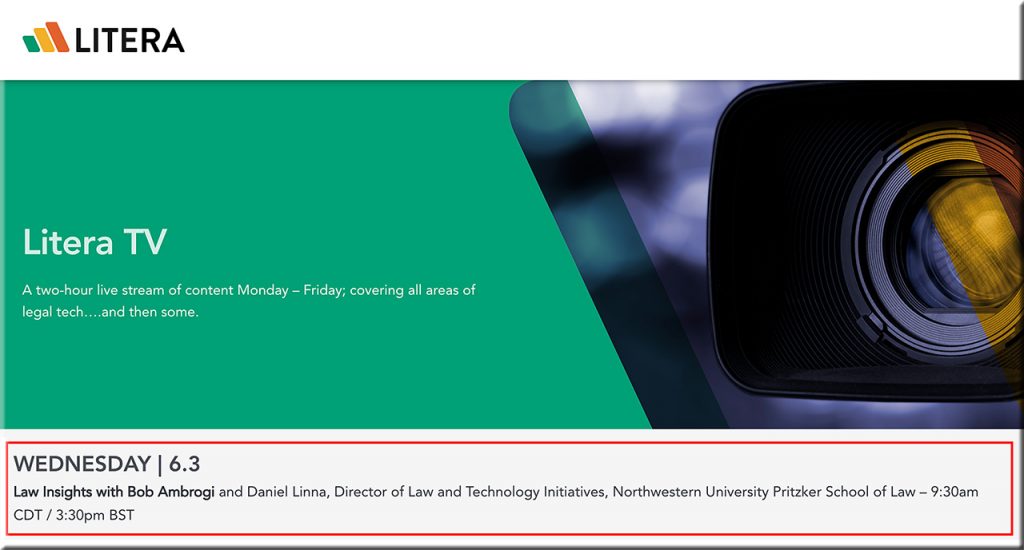
![ABA President Judy Perry Martinez on the ABA and the Profession in a Pandemic [Ambrogi]](http://danielschristian.com/learning-ecosystems/wp-content/uploads/2020/05/LawSites-5-18-20-Ambrogi-Martinez.jpg)
